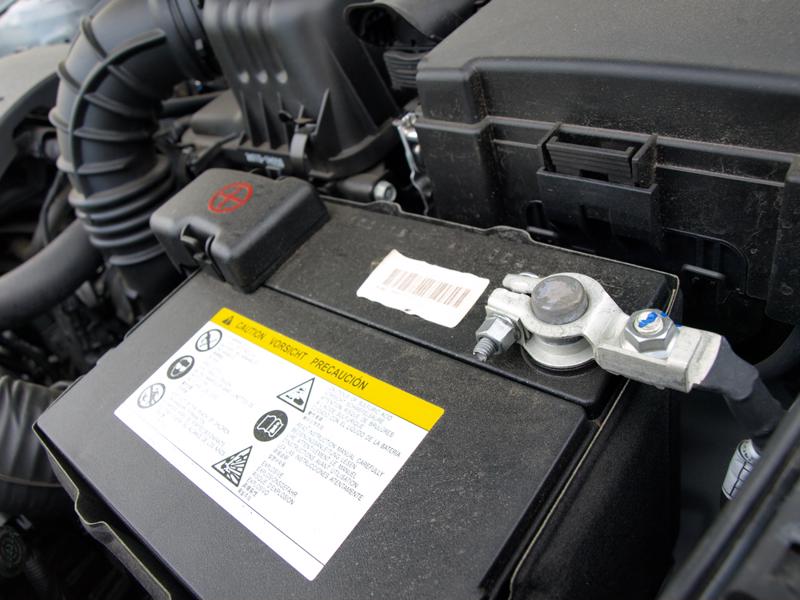

The global semiconductor industry has seen immense growth in recent years, with innovations in automotive technology driving demand for advanced semiconductor components. The automotive semiconductor market is projected to be worth approximately $58,770.1 million in 2023, with a forecasted growth rate of 7%. And, it's expected to increase to a value of $115,609.68 million by 2033, according to a recent report from Future Market Insights and Global Newswire.
The demand for semiconductors has grown rapidly in response to the need for fail-safe systems, electrical control unit functions and fault-tolerant designs. Semiconductors play a critical role in the industry, and the demand for improved safety features continues to rise. With the number of traffic accidents increasing, the need for elements such as collision avoidance systems, lane departure warnings and electronic stability control is on the rise. Advanced driver assistance systems (ADAS) rely heavily on automotive semiconductors to improve functionality and enable the detection and classification of objects in the path of the vehicle.

Innovations in ADAS technology are driving the demand for semiconductors that enable these components. The development of autonomous vehicles is also driving the need for more advanced semiconductor technology, such as LiDAR, radar and camera systems. The rise of connected car software is compelling the need for advanced semiconductor components that can support characteristics like telematics, infotainment and vehicle-to-vehicle communication. The adoption of Industry 4.0 technology is pushing for more advanced innovations that can support IoT and AI systems.
The automotive industry in the United States has made significant investments in emerging technologies, resulting in the country becoming the largest market for automotive semiconductors, says the report. Nevertheless, the Asia-Pacific region is anticipated to witness substantial expansion in the automotive semiconductor market owing to its burgeoning automotive industry and mounting demand for electric and hybrid vehicles.
Key players in the automotive semiconductor market include NXP Semiconductors N.V., Infine on Technologies AG and Texas Instruments Incorporated. These corporations are heavily investing in researching and developing semiconductor products to enhance their performance and functionality. Startups are also entering the market, developing innovative semiconductor products to cater to the evolving needs of the automotive industry.
Challenges in the automotive semiconductor market
One of the biggest challenges that emerging semiconductor technology faces are the increasing complexity of chip design. As the number of transistors on a chip continues to rise, so does the difficulty of designing and manufacturing them. According to a report by Semiconductor Engineering, the number of design rules for a 5nm chip is expected to be more than double that of a 7nm chip. This means that chip designers will need to work even harder to ensure that their designs are error-free and meet the high-quality standards required for today's advanced applications.
Additionally, the manufacturing process for these advanced chips is becoming more challenging, with a growing number of steps and increasing demands for precision and yield. As a result, the semiconductor industry is investing heavily in research and development to find new solutions to these challenges and to continue pushing the boundaries of what's possible with semiconductor technology.
Greening Testing Laboratories is a fully certified brake testing lab that provides a variety of brake testing services worldwide. Contact Greening for a complimentary consultation.